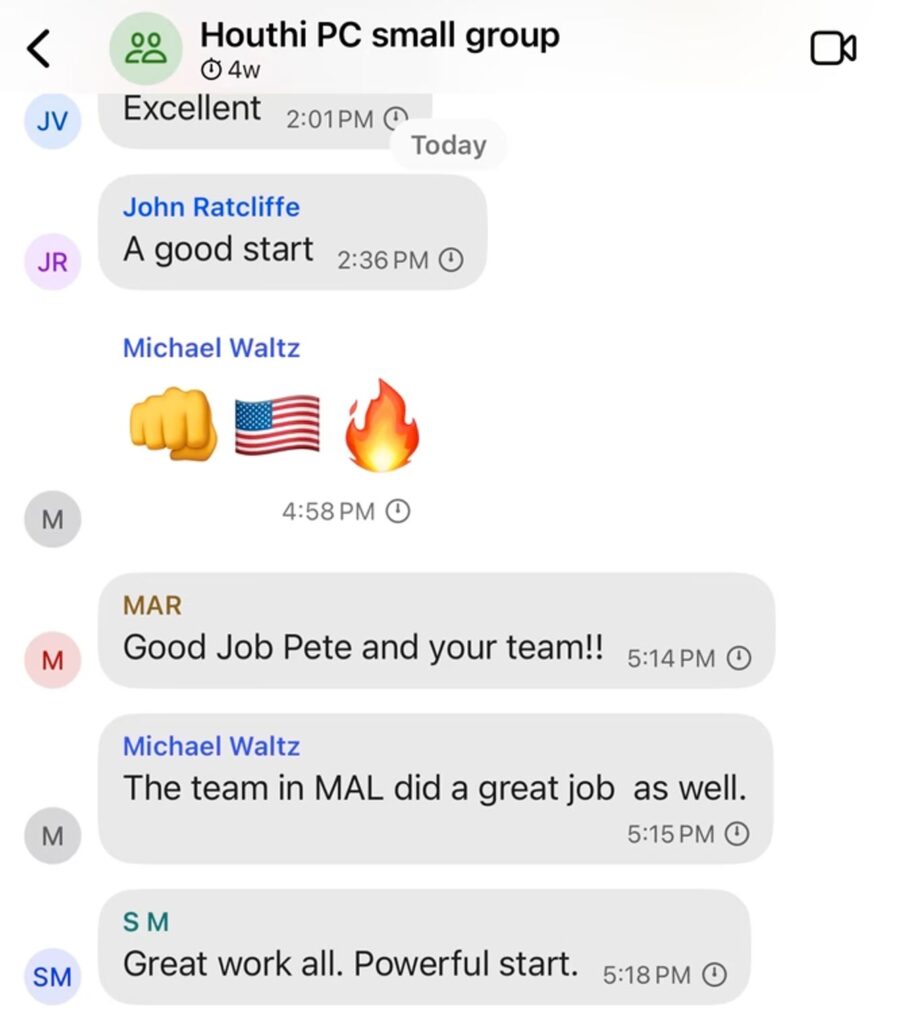Senior officials within the Trump administration face backlash after mistakenly adding Jeffrey Goldberg, editor-in-chief of The Atlantic, to a sensitive chat group on the encrypted messaging app Signal. This incident exposed detailed discussions about classified U.S. military operations, creating serious concerns over communication security among high-ranking officials.
What’s Happening & Why This Matters
A significant security breach occurred when top Trump administration officials inadvertently included Jeffrey Goldberg in a Signal group chat labeled “Houthi PC small group.” This chat was initially designed exclusively for senior national security figures, including prominent names such as Vice President JD Vance and Defense Secretary Pete Hegseth.
In his revealing report, “The Trump Administration Accidentally Texted Me Its War Plans,” Goldberg exposed this critical lapse. The officials discussed precise operational details about planned military actions against Houthi forces in Yemen. The strikes occurred shortly after these discussions, intensifying concerns about the compromised operational security.
Ironically, within this vulnerable group chat, Defense Secretary Pete Hegseth reassured members that he would enforce “100% OPSEC” (Operational Security). Reflecting on the seriousness of the breach, Goldberg warned, “An American adversary could have exploited the details shared to harm American military and intelligence personnel, particularly in the broader Middle East.”

When questioned about the incident, former President Donald Trump casually responded, “I don’t know anything about it,” adding that he was not particularly fond of The Atlantic. Trump’s reaction contrasts sharply with his aggressive critique of Hillary Clinton’s email practices during his 2016 presidential campaign.
Cybersecurity expert Bryson Bort, CEO of Scythe, strongly emphasized the potential dangers: “In the wrong hands, this can get US service members killed.” He noted that U.S. government protocols strictly prohibit discussing classified matters outside secure environments, known as Sensitive Compartmented Information Facilities (SCIFs).
While Signal’s robust end-to-end encryption generally protects communications, this breach underscores significant risks posed by human error. The accidental inclusion of unauthorized individuals in sensitive chats highlights vulnerabilities even in secure platforms.
This alarming breach raises broader questions about the discipline and oversight within the national security community. Despite established security protocols, such lapses have become increasingly apparent. Historical incidents, such as the “Vault 7” leaks, underline the critical necessity for stringent adherence to security measures.
TF Summary: What’s Next
The recent exposure of classified discussions on Signal could lead to tighter scrutiny and revised security protocols for digital communications among government officials. Future policy updates will attempt to prevent similar breaches. Observers will closely watch how government agencies respond and adapt to ensure operational security remains uncompromised.
— Text-to-Speech (TTS) provided by gspeech


